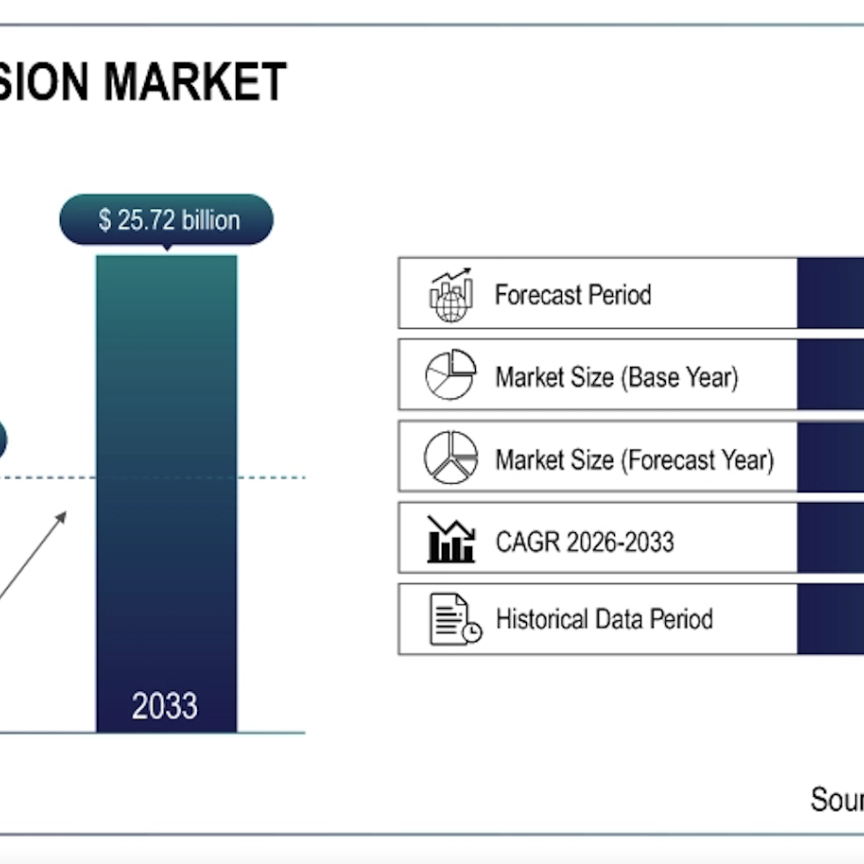Machine vision members of the VDMA have provided a reasonably upbeat assessment of the vision market, as countries continue to combat the coronavirus pandemic.
Speaking during an Imaging and Machine Vision Europe webinar, Anne Wendel, director of VDMA Machine Vision, commented: 'Of course we are all [vision firms] affected, but we believe that the machine vision industry will be the first to get out of this hole.'
The webinar gathered the heads of VDMA Machine Vision, AIA, EMVA and UKIVA to discuss the vision industry's response to the Covid-19 crisis.
The VDMA gauged opinion from some of its machine vision members prior to the webinar: one third have applied for some kind of assistance from governments, but almost all the companies assess liquidity as satisfactory or good for the next three months.
Half of the participants said they had experienced supply chain disruptions, two thirds had experienced a loss of orders or cancellations, and one third said a decrease in production.
All of them have taken measures to cope with disruption to business, but none have reduced staff, Wendel said.
In the USA, the automation association A3 – which includes the AIA covering vision and imaging – found, in preliminary data from a survey of its members, that 65 per cent of firms asked have not made changes to automation investment plans, but that 75 per cent expect a decrease in revenue in 2020 due to Covid-19.
Jeff Burnstein, president of AIA, said during the webinar: 'Coming out of this, we expect to see an increased adoption [of automation] in many industries', but added that the vision industry could be suffering the impacts of this crisis for a while.
Burnstein said that the biggest decisions A3 member companies have made is to put in place a hiring freeze or reduce operational hours – around 40 per cent of those surveyed have done this. The A3 itself has implemented a hiring freeze at the moment.
He said that automation firms are not laying off staff though as in some other sectors.
From a flash survey conducted by VDMA Robotics and Automation on the 28 March, 89 per cent of the 55 firms that responded already feel a noticeable impairment to their business from the Covid-19 crisis.
A little more than half (51 per cent) in the VDMA Robotics and Automation survey are seeing a low level of disruption in supply chains; 38 per cent medium supply chain disruption. In terms of loss or cancellation of orders, 33 per cent of firms rated this as low; 37 per cent as medium; and 22 per cent as high. Forty eight per cent think that there will be no impact on liquidity.
The VDMA has shifted all its activity away from organising events to supporting its members, such as providing legal advice, or advice about insurance. Wendel said the VDMA, which covers the entire German mechanical engineering sector, was running four to five webinars a day.
Wendel said: 'Machine vision is hopefully the first sector that will come out of the crisis, and we need to get prepared for better times.'
The VDMA is now gathering information on tax incentives for research, leadership and innovation in times of digitisation, and how to offer digital services, among other resources.


